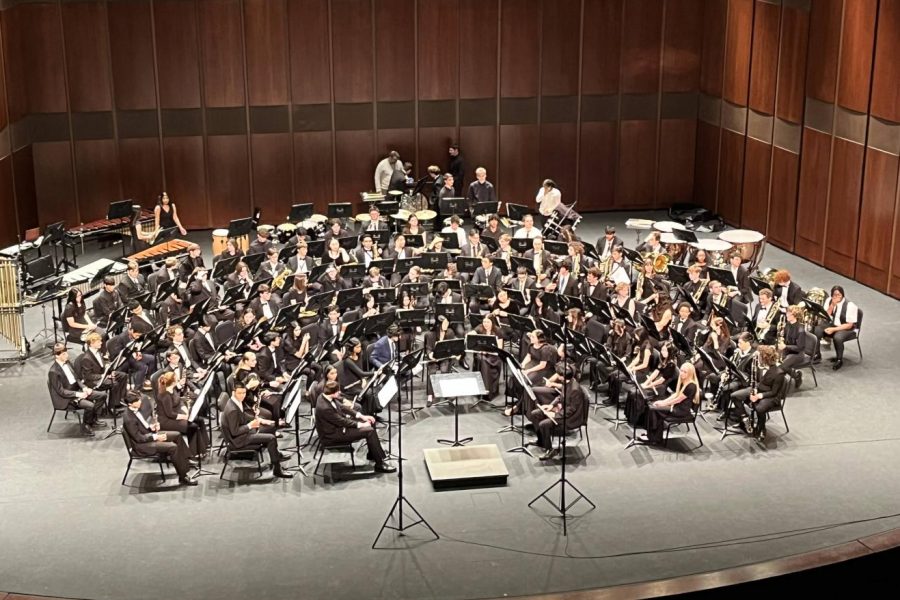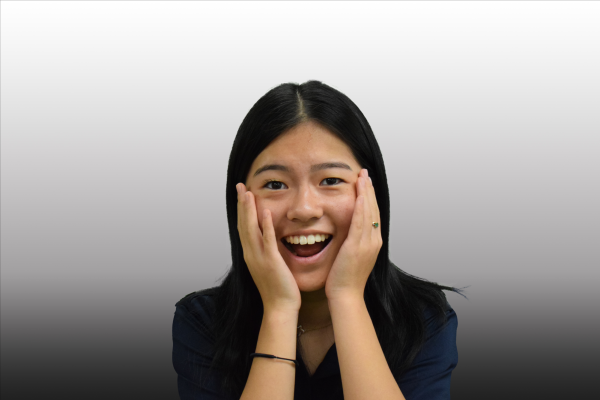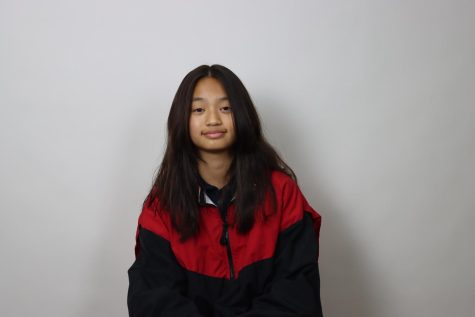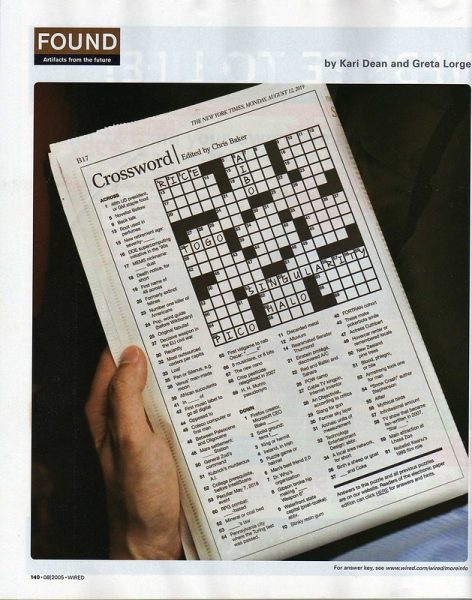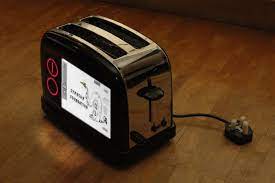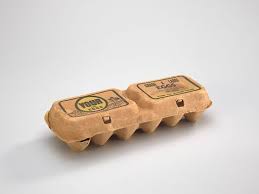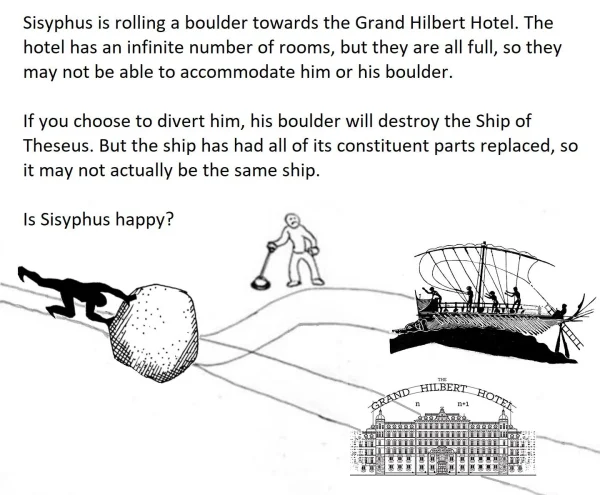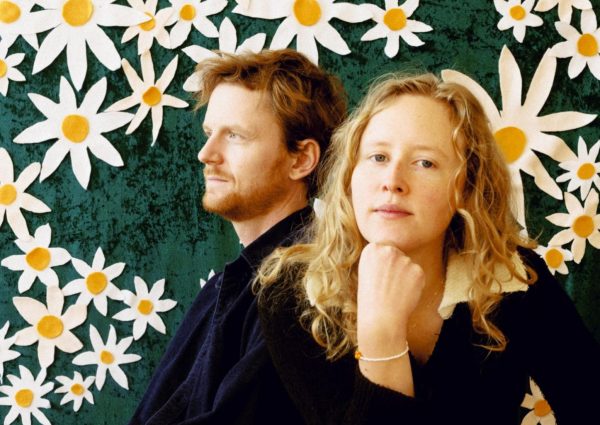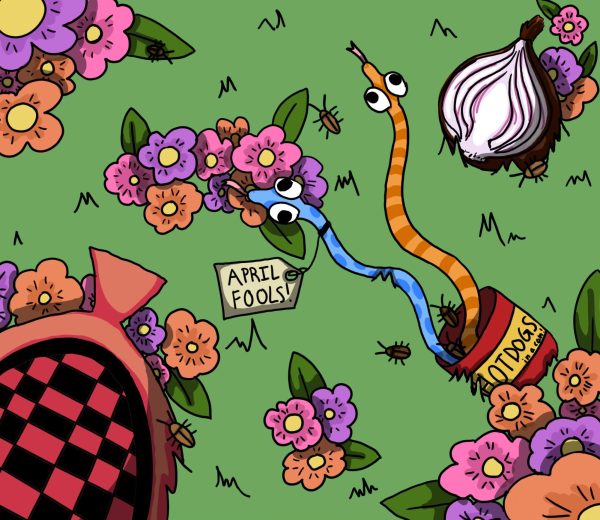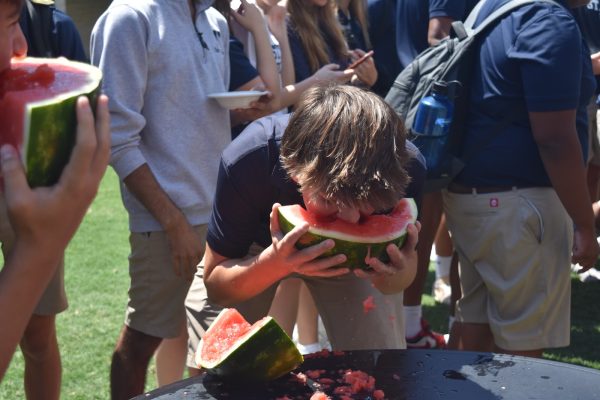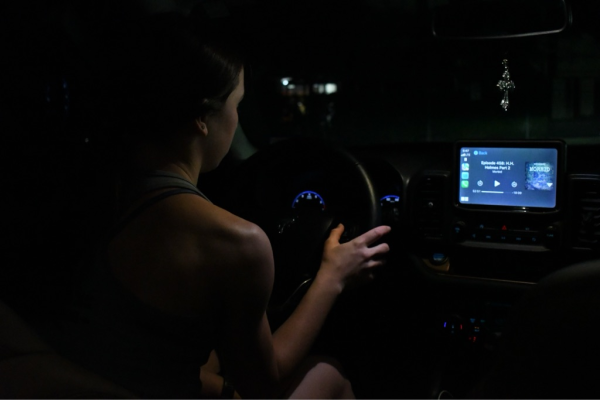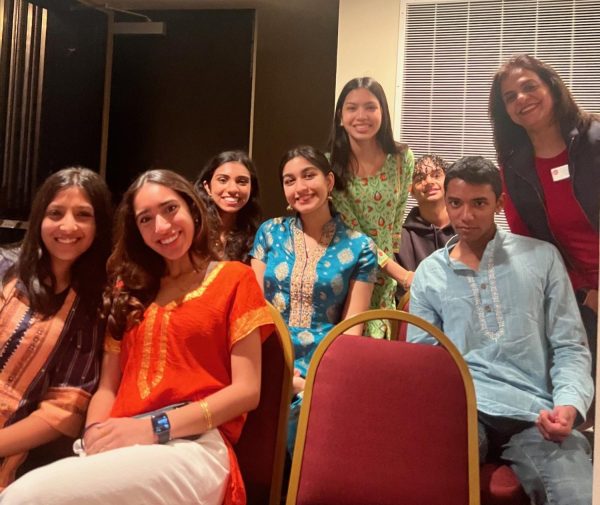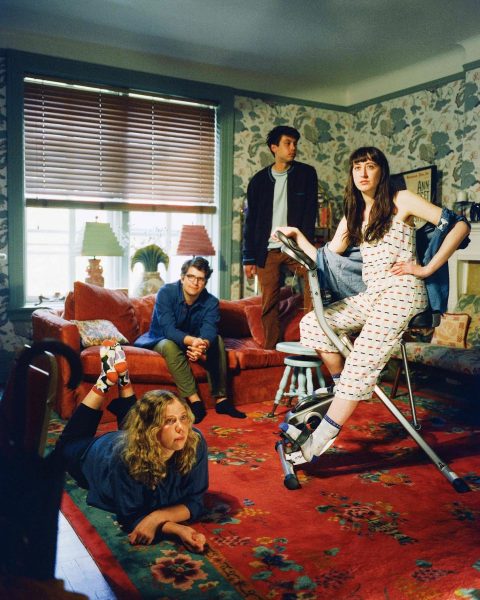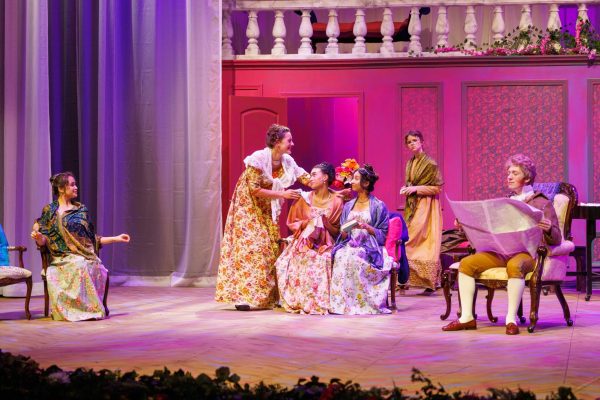Students set records at TPSMEA All State
This year, 23 SJS students from across the music department qualified for All State—a record high in the School’s history.
February 15, 2023
This year at TPSMEA All State, not only did sophomore Mark Doan sing with over a hundred choir students from across Texas, but he also watched his friends devour nearly 20 platters of sushi for a straight hour.
TPSMEA, the Texas Private School Music Educators Association, is an annual competition where students in band, orchestra and choir audition for a spot in the All State ensembles.
This year, 23 SJS students from across the music department qualified for All State—a record high in the School’s history. On Jan. 26, these students traveled to Richardson, Texas for a three-day convention, rehearsing with other talented musicians from across Texas and ending with a concert.
On the first day, the four-hour drive to Richardson was fun yet stressful—while the choir students blasted music throughout the ride, the engine of the bus slowed down, making the girls late for their first sectional.
“We stopped at Buc-ee’s and bought this green liquid to fill the bus with,” Doan said. “It worked like magic.”
The journey to All State did not just start with the delayed four-hour ride, but months prior. Instead of the conventional in-person auditions for the regional competition, students submitted a recording of their performances under the guidance of their directors in October.
“Having multiple takes is a much better representation of a person’s skills than a blind audition,” senior and violinist Emily Huang said. “It enables people to play the best they can and place as high as they want to without stage fright.”
After multiple rounds of regional judging, the top recordings were judged at the statewide-level.
Choir Director Scott Bonasso sees the real time impact of TPSMEA. Although there were several school practice times where students prepared for the competition, they also worked on their own time with independent practice at home.
“We do TPSMEA not to beef up student resumes for college admissions, but because it has a substantial impact on the quality and development of the program,” Bonasso said. “Just going through the audition process entails learning how to be a more self-sufficient singer.”
The Fine Arts department also allocated ample time to prepare for the competition. Orchestra had a five-hour lock-in, with students practicing in sectionals and full rehearsals. Choir has been integrating the audition process and repertoire throughout the fall curriculum, so students, especially newer members, can ease into auditions. Bonasso says the process “is designed to cast a wide net to get everyone from every ability level prepared.”
Huang says that TPSMEA provided a space centered solely around music without the pressure of school work.
“Conventions are really an opportunity to just focus on what we like doing, which is playing our instruments,” she said.
The long rehearsals at TPSMEA, however, can negatively impact a student’s motivation by overworking them—audition results are public, so All State is a highly competitive environment for students. Some rehearsals lasted more than two hours with only a five-minute break in between and continued long into the evening.
“Having long rehearsals for three days continuously and then having a performance can really result in burnout,” Huang said.
For most, though, the high pressure of performing well does not dim the unforgettable experience of meeting and performing with other enthusiastic individuals and conductors from around the state.
“It makes me really happy to be able to meet new people that share a common interest and perform with them on stage,” Huang said.
Outside of rehearsing, students played board games, ate in the strip mall and explored the grand Renaissance Hotel at night. On the last night, the students drove out to a revolving sushi bar for their final dinner after three days of hard work, where Doan’s friends took on the “All You Can Eat” challenge.
“The restaurant even realized it was losing money, so they stopped producing the sushi and made us wait 15 minutes for more,” Doan said.
For some students, attending All State has become a yearly tradition that not only serves as a reminiscent experience, but also an opportunity to step out of comfort zones.
Doan, who attended his second All State this year, hopes to branch out in the following years by volunteering for a bass solo to improve his singing technique and confidence in his voice.
“I look forward to All State every year,” Doan said. “Meeting a lot of people is a good bonding experience because it makes you excited to work harder the next year.”



